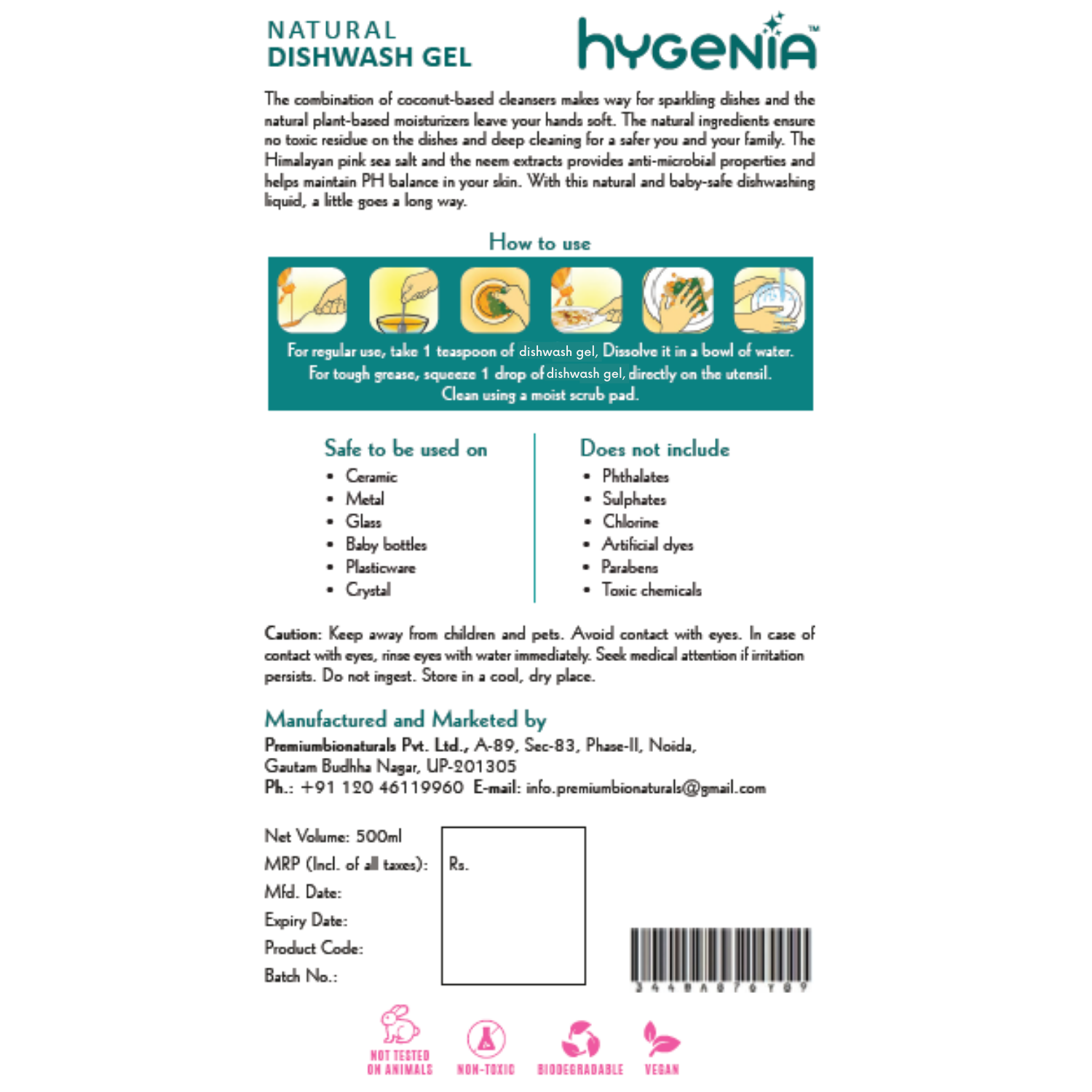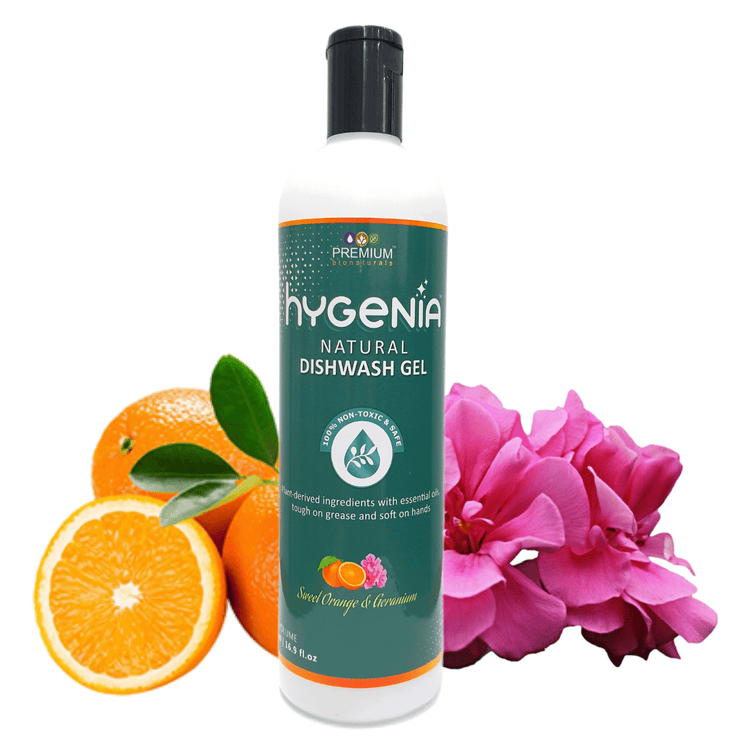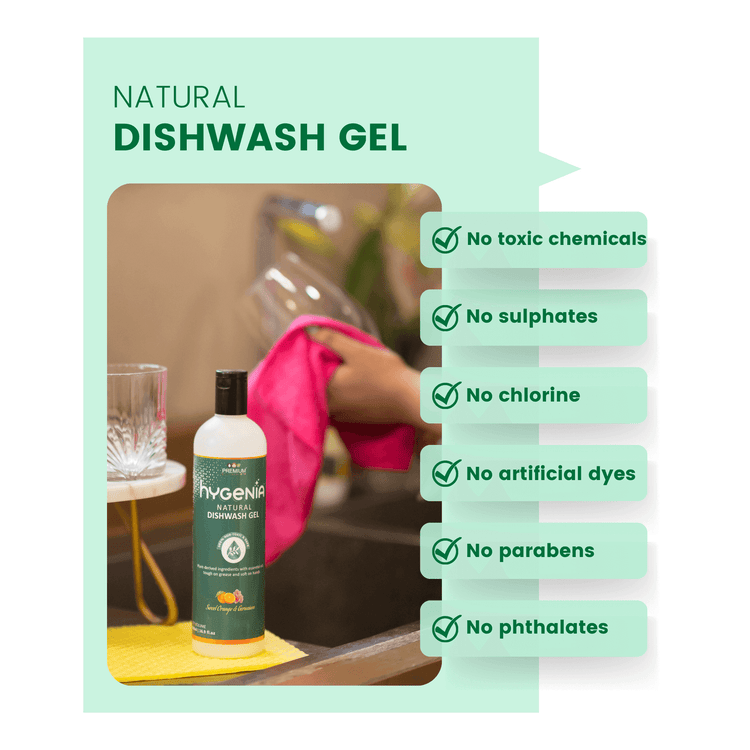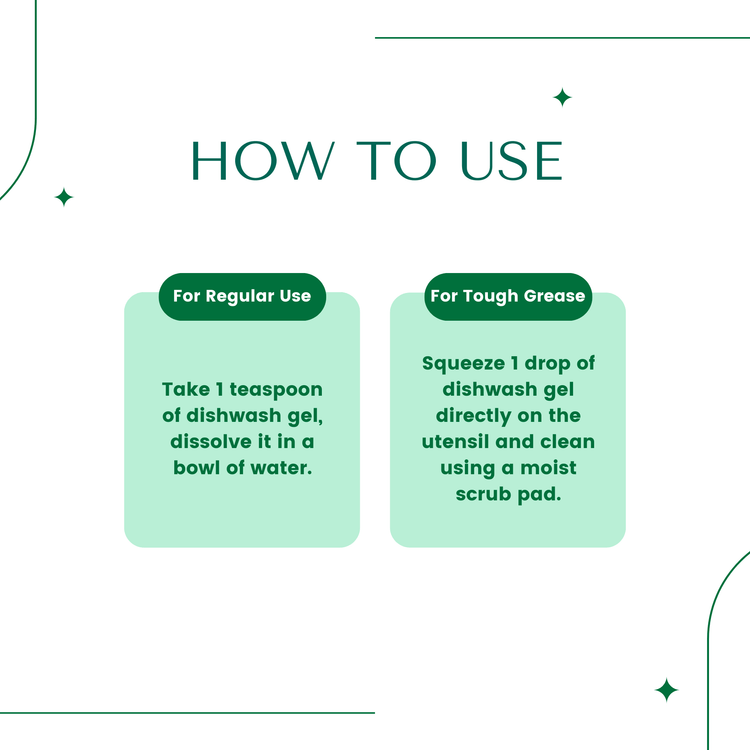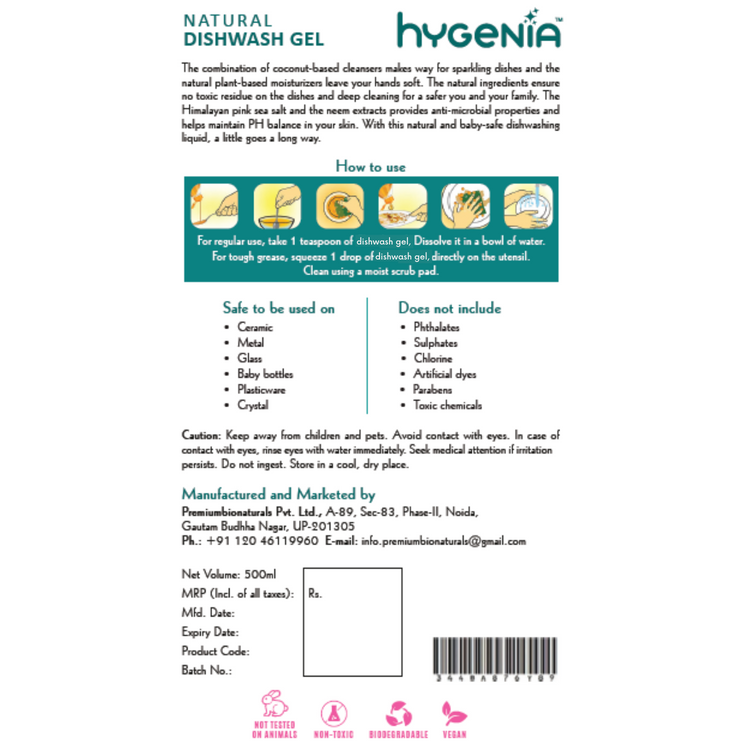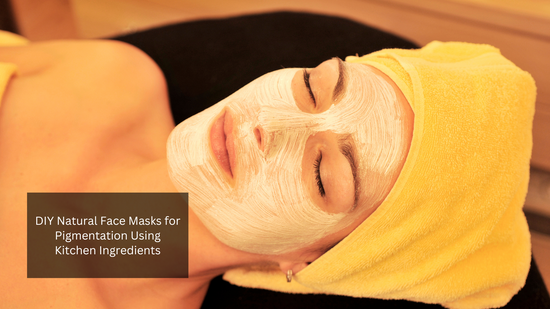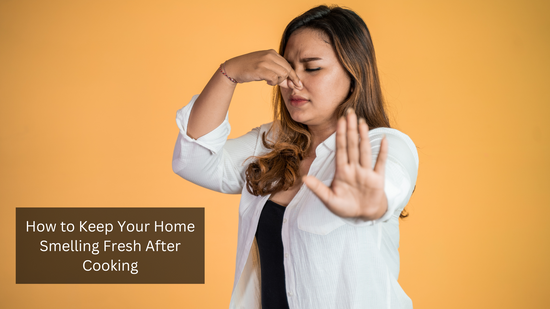Have you ever started to do dishes and realised your kitchen sink was dirtier than the dishes you were about to wash? Yikes! Maintaining a clean and sparkling kitchen goes beyond just tidying up—it’s about keeping every corner free from grime and germs. At premium bionaturals we believe that a kitchen is the heart of our home and we would do anything to keep it clean and sanitised so that the food that we cook in it is 100% tasty and hygienic! Let us share some tricks that we have in our pockets for you to achieve that cleanliness we are talking about.
The Ultimate Guide to Cleaning Your Stainless Steel Sink
When it comes down to cleaning your stainless steel sink, the solution generally lies in knowing and understanding your kitchen sink material and the best fit tools and solution for it. While every kitchen sink has their own friendly cleaning ingredients, the wrong ingredients can ruin your kitchen sink completely! But fear not we are here to help you with the same.
Equipment / Tools needed:
- 1 soft sponge
- 1 microfiber towel
- 1 dish rag
Materials needed:
- 1 bottle dish soap
- 1 bottle powder cleanser
- 1 box baking soda
- 2 cups white vinegar
Step By Step Process:
-
Start With the Drain:
Start by taking baking soda and pouring it in the drain. Next pour white vinegar down the drain and let it bubble up.Then rinse with hot water. -
Get Scrubbing:
Sprinkle powder cleanser or baking soda in the sink. Use a wet, soapy sponge to scrub in circular motions. Rinse thoroughly with warm water. -
Dry and Shine:
Dry the sink with a microfiber towel, wiping in the direction of the grain for a sparkling finish. -
Clean the Faucet and Handles:
So your sink may be clean now but what about the nasty grime buildup around the faucet? Use your damp microfiber cloth to polish the faucet and handles. For stubborn grime, clean with a sponge and dish soap, then dry.
How Often Should You Clean Your Kitchen Sink?
You can find a lot of opinions around you on the frequency at which you should clean your kitchen sink, we suggest you clean your sink daily but the intensity of the cleaning varies. Here are some approved guidelines you should follow to leave a sparkling clean and germ free sink:
- Daily Rinse and Wipe: It’s ideal to rinse and wipe down your kitchen sink every day. This daily habit helps remove food particles, prevents stains, and keeps odours out. A quick wash with a natural dishwash gel, like our Premium Bionaturals’ Sweet Orange & Geranium Gel, can do wonders in maintaining a hygienic and clean sink.
- Weekly Deep Clean: While daily maintenance is key, a more thorough clean should be done at least once a week. This involves scrubbing the sink with a multipurpose kitchen cleaner, such as ours Hygenia’s Grapefruit & Kaffir Lime Cleaner, to remove sink stains and sanitise the surface.
- Drain Cleaning: Drains can accumulate a lot of grime and produce unpleasant smells if not cleaned regularly. Though not necessary every day, you should clean your sink’s drain weekly to keep it fresh and odour-free. Pour a cup of baking soda into the drain, ensuring that it reaches as far down as possible. Follow this by pouring a cup of vinegar into the drain, causing a bubbling reaction. Allow this to sit for 5-10 minutes. This mixture will break down grease and remove foul odours.
DIY Tips to Brighten Your Sink Naturally
A kitchen sink can lose its shine over time, and stains may become more visible. Learning how to whiten your sink naturally can save you.
- Baking Soda and Hydrogen Peroxide: Mix 2 tablespoons of baking soda with 1 tablespoon of hydrogen peroxide into a paste. Apply to stains, let sit for 15 minutes, scrub, and rinse. This mixture effectively whitens and brightens your sink.
- Lemon Juice and Baking Soda: Combine lemon juice with 2 tablespoons of baking soda to make a frothy paste. Apply, let sit for 10 minutes, scrub, and rinse. The acidity of lemon helps lift stains naturally.
- Vinegar and Cream of Tartar: Mix 1 tablespoon of cream of tartar with 1 tablespoon of vinegar into a paste. Apply to stained areas, let sit for 10 minutes, scrub, and rinse. This combo is great for whitening the stubborn stains.
- Bleach and Baking Soda: Combine 1 tablespoon of baking soda with 1 tablespoon of bleach. Apply the mixture, let it sit for 10 minutes, scrub lightly, and rinse thoroughly. This powerful mix effectively whitens.
Whitening your sink naturally is not only eco-friendly but also effective. These methods will help keep your kitchen sink looking as good as new without the use of harsh chemicals.
Tips to Keep Your Kitchen Sink Cleaner for Longer
Now that we know the different ways to clean our sinks the next question that pops up is how can we keep it clean for longer? Our daily chores are already so tedious and adding one more task to our routine can be really tiresome. Let’s have a look at what can be done:
- Regular Dishwashing: Don’t let your dirty dishes sit in the sink for too long. Wash them quickly to prevent food particles from sticking to the sink.
- Daily Disinfecting: If you don't get time for a deep clean, a quick wipe-down with a kitchen disinfectant can help maintain cleanliness.
These habits will help you to keep your kitchen sink cleaner for longer, making your kitchen a more pleasant and efficient space.
Things to avoid while cleaning a sink:
The last thing you want to do when cleaning your sink is permanently damaging it. Here are some things to avoid in order to keep your sink looking amazing!
- If you have a stainless steel sink, avoid cleaning across the satin finish lines, this can cause damage to your sink’s finish. Be sure to wipe in the same direction with the grain to really make it sparkle.
- Avoid letting soap or cleaners dry on your sink’s surface, as it can ruin the finish.
- Avoid cleaning your sink with chlorine bleach products. These can have horrible after-effects on your sink, especially stainless steel.
- Avoid using a steel wool pad when cleaning your sink. You wouldn’t use steel wool to clean your phone screen, so why would you use it on your sink?
- Avoid leaving wet sponges, cloths, or cleaning pads in your sink. Leaving these in your sink can cause your sink to smell and in some cases lead to rust.
As you can see, it’s easy to keep your kitchen sink looking clean!
Frequently Asked Questions:
Q1) What is the best way to clean your kitchen sink?
The best way to clean your kitchen sink is by scrubbing it with a mixture of baking soda and dish soap, followed by a rinse with warm water.
Q2) How can I make my kitchen sink shine again?
You can make your kitchen sink shine by drying it with a microfiber cloth after cleaning and wiping it with a little bit of olive oil with a cloth.
Q3) How can I whiten my sink naturally?
Whiten your sink naturally by applying a paste of baking soda and lemon juice, let the mixture sit, and then scrub it and rinse it thoroughly.
Q4) How do I get rid of blackness in my sink?
To remove black stains from your sink, create a paste using baking soda and white vinegar. Gently scrub the affected areas, then rinse thoroughly with warm water for a naturally clean and fresh sink. Sometimes for that extra sparkle we dilute a little dishwash gel into the solution and give it a wipe.
Q5) What is the best cleaner for sinks?
The best cleaner for sinks is a combination of baking soda and vinegar for a natural, effective clean, or a specialised kitchen cleaner like Premium Bionaturals' multipurpose cleaner.
Cleaning your kitchen sink doesn’t have to be complicated. By following these few tips, you can ensure that your kitchen remains a clean and an inviting space. Regular maintenance and the use of natural, effective cleaning products are key to achieving and maintaining that spotless look. For more details about cleaning tips, check out our previous article on How to Clean and Degrease Every Kind of Kitchen Surface and you can follow us to get more hacks like these.






